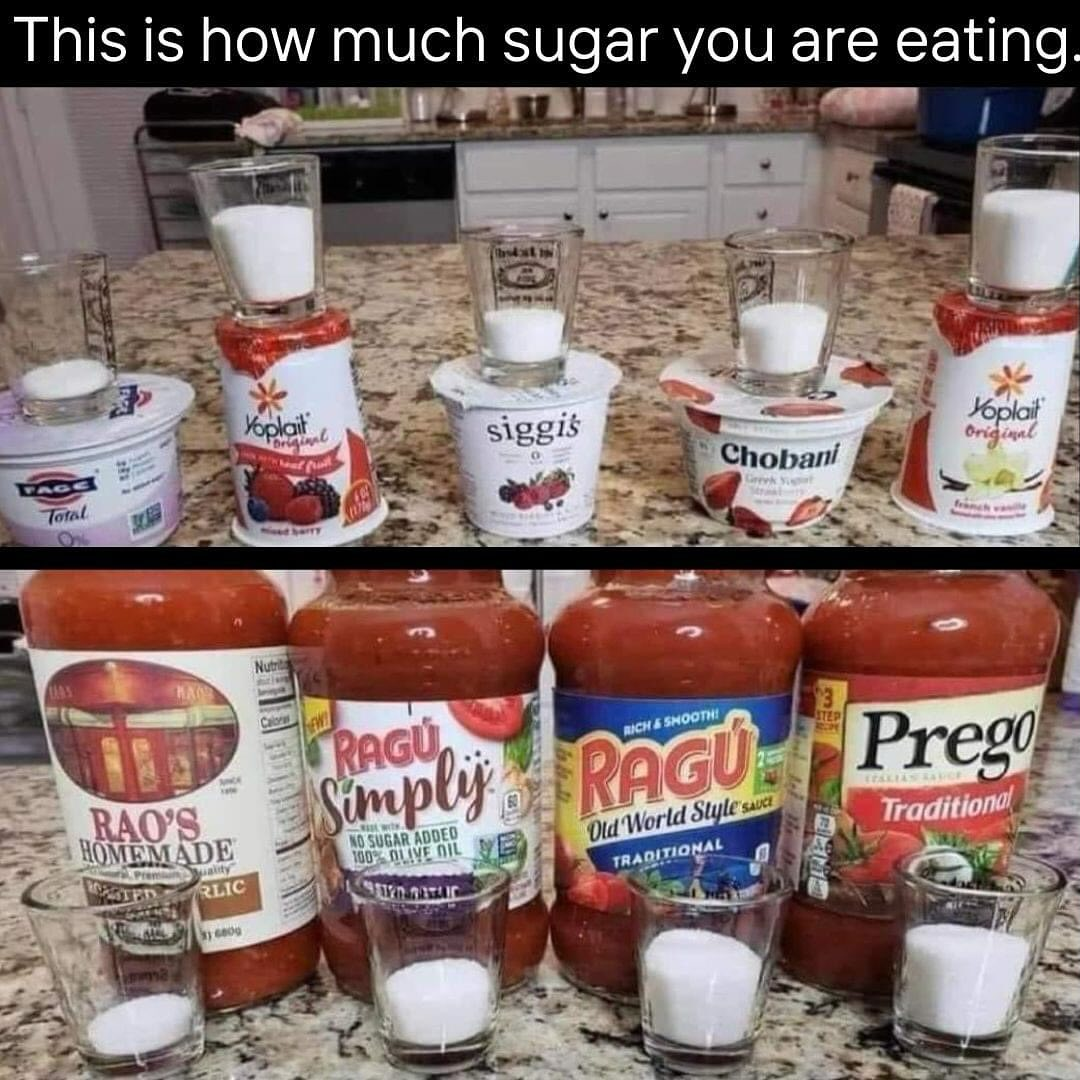this post was submitted on 05 Nov 2024
624 points (91.8% liked)
memes
10322 readers
1665 users here now
Community rules
1. Be civil
No trolling, bigotry or other insulting / annoying behaviour
2. No politics
This is non-politics community. For political memes please go to !politicalmemes@lemmy.world
3. No recent reposts
Check for reposts when posting a meme, you can only repost after 1 month
4. No bots
No bots without the express approval of the mods or the admins
5. No Spam/Ads
No advertisements or spam. This is an instance rule and the only way to live.
Sister communities
- !tenforward@lemmy.world : Star Trek memes, chat and shitposts
- !lemmyshitpost@lemmy.world : Lemmy Shitposts, anything and everything goes.
- !linuxmemes@lemmy.world : Linux themed memes
- !comicstrips@lemmy.world : for those who love comic stories.
founded 1 year ago
MODERATORS
you are viewing a single comment's thread
view the rest of the comments
view the rest of the comments

You get it from different sources. Breakdown of onions and as someone else mentioned, carrots. Balsamic vinegar has some. There's other sources as well, I'm just blanking on them.
But agreed, I rarely add actual plain sugar to my pasta sauces.
But is the sugar of broken down (caramelized) onions the same sugar? As in, would the jar with sugar next to my meal to show me how much sugar I'm eating fill up as the onions caramelize?
Not sure about the jar portion. But the caramelization process is a bit complicated. It uses free sugars and amino acid to make the brown, caramelized flavour.
Onions are ~9 % carbohydrates with 4 % of that being simple sugars capable of caramelizing. Apparently another 2 % is fibre, leaving ~3 % being more complex carbohydrates I guess? Like cellulose or starches maybe. Those can get broken down at some points, but as far I know, need enzymes to do so.
But back to your question, if the small glasses are showing "sugar" as in sucrose, the onions could have either sucrose maybe? Or individual sugars such as glucose and fructose (the 2 components of sucrose). There's a number of other single sugars that could make up that 4 % though.
Very interesting, thanks